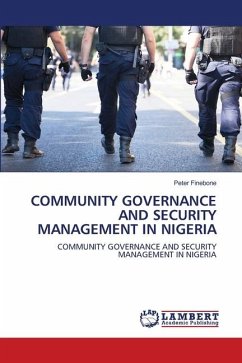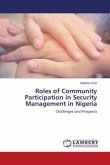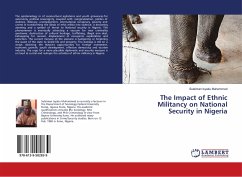The book offers a detailed analysis of governing and safeguarding communities in Nigeria's complex landscape. Across twelve chapters, it delves into community governance, blending foundational theories with practical approaches. It emphasizes the criticality of security management within governance, addressing evolving strategic security concepts relevant to Nigeria's post-Cold War context, including non-state actors and cyber threats. The book also explores civil society's role in promoting safety and democracy, and the impact of crime on community development, advocating for collaborative safety strategies. Additionally, it focuses on community finance and economic empowerment as key to development and stability, highlighting the intertwined relationship between governance, integrity, and security. The importance of transparency and ethical leadership in enhancing community safety is underscored, making it a comprehensive guide to contemporary community governance issues in Nigeria.
Bitte wählen Sie Ihr Anliegen aus.
Rechnungen
Retourenschein anfordern
Bestellstatus
Storno








